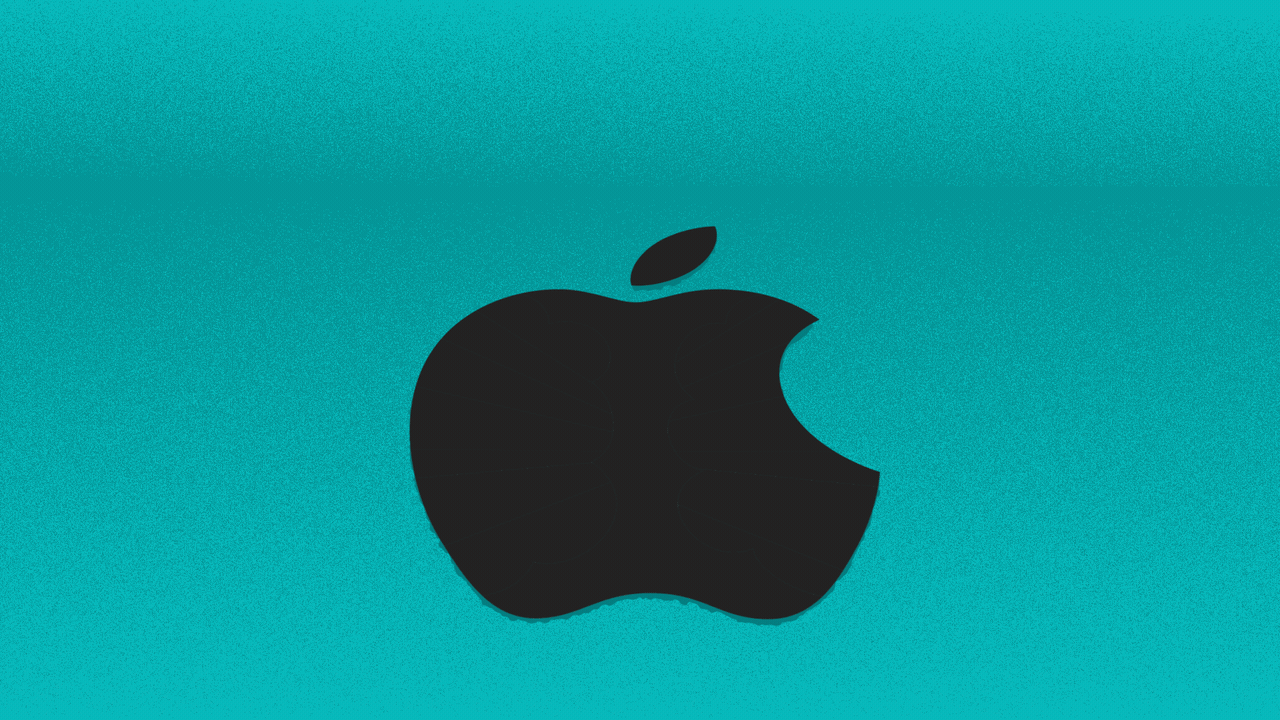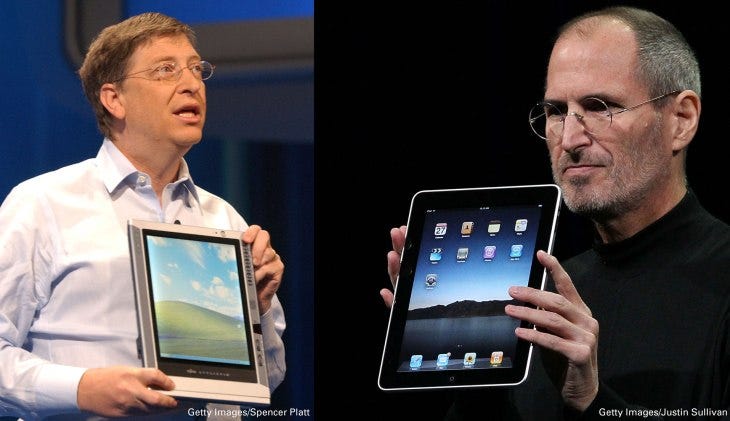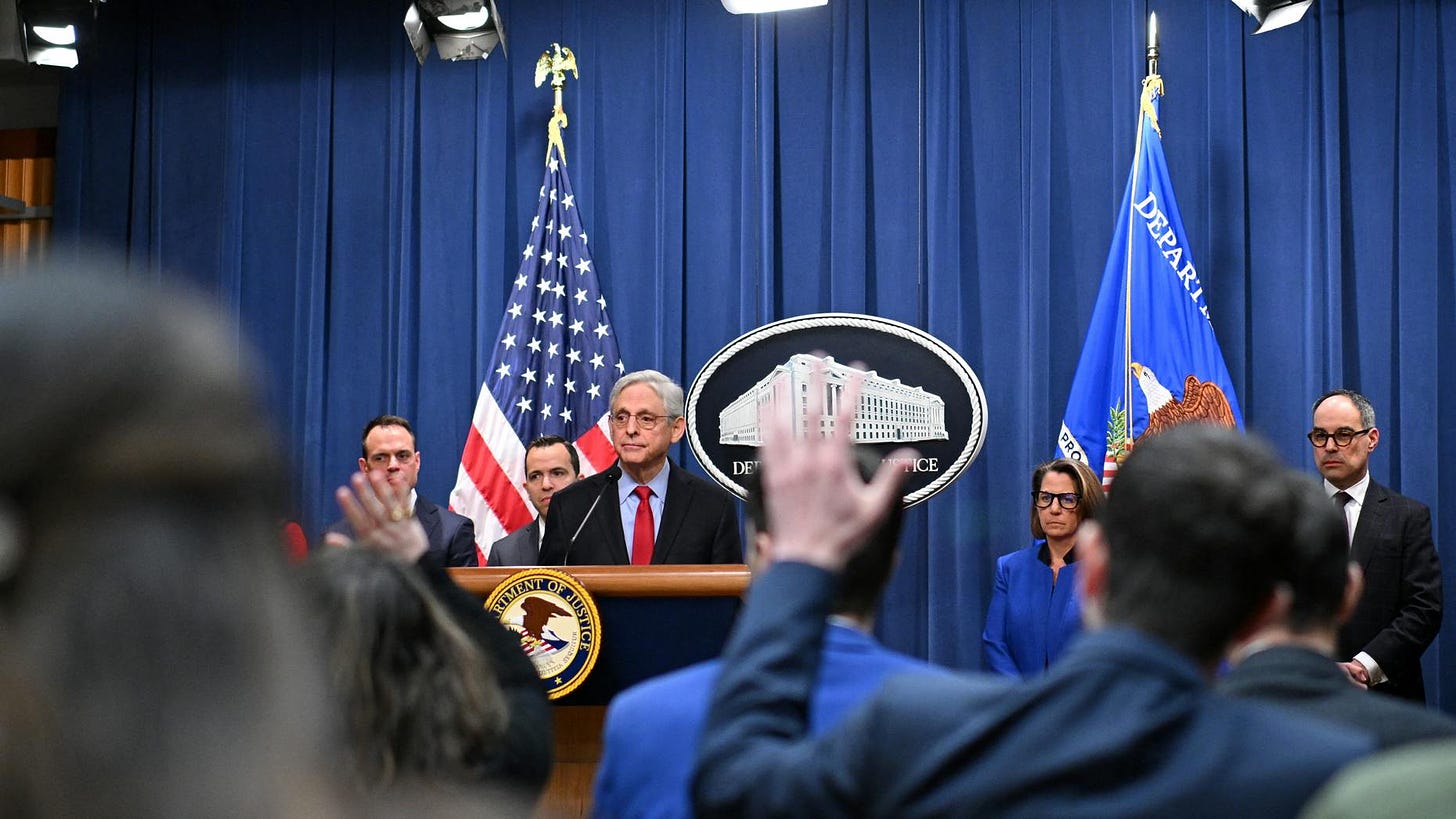The US Justice Department formally launched an antitrust lawsuit against Apple’s ‘smartphone monopoly’. The WSJ explains in “US Sues Apple, Alleges Tech Giant Exploits Illegal Monopoly”:
“Justice Department says company makes it difficult for competitors to integrate with iPhone”.
“The US accused Apple of monopolizing the smartphone market in a landmark antitrust lawsuit that threatens to disrupt the tech giant’s business model and how millions of consumers use their iPhones.”
“The Justice Department, 15 states and the District of Columbia sued Apple on Thursday, alleging the tech giant makes it difficult for competitors to integrate with the iPhone, ultimately raising prices for consumers. The antitrust suit, filed in a federal court in New Jersey, says that Apple tries to keep users from switching to devices on outside operating systems, such as Android smartphones.”
“Apple “has maintained its power, not because of its superiority, but because of its unlawful exclusionary behavior,” Attorney General Merrick Garland said at a press event.”
“The tech company controls over 65% of the U.S. smartphone market, Garland said.”
“Apple said it plans to vigorously defend against the lawsuit.”
So this now continues similar moves against other US ‘Magnificent 7’ big tech companies:
“The case against Apple is the latest shoe to drop on the four tech giants that U.S. antitrust officials have been focused on. U.S. officials have also filed antimonopoly lawsuits against Amazon, Google and Meta Platforms.”
All these actions will likely take years to play out. As the WSJ further notes:
“The government’s case could take years to play out. Still, the litigation is distracting to Apple’s management and could make it harder for Apple to grow its subscription services business, analysts say.
While Apple’s stock has fallen more than 11% so far this year, it remains the second-largest company in the world by market capitalization and produces tens of billions of dollars in profit each quarter.”
This suit of course has echoes with similar US actions against Microsoft in the nineties, there are distinct differences, as Techcrunch notes:
“Leaving aside the details of those tactics and their legality (if you’re interested, you can read the entire lawsuit here) the case has a lot of parallels to the DOJ’s antitrust suit against Microsoft in the 1990s, which I covered at Directions on Microsoft from 2000 through 2010.”
“Even Attorney General Merrick Garland noted those parallels, saying, “The landmark Microsoft case held a monopolist liable under the antitrust laws for leveraging its market position to undermine technologies that would have made it easier for users to choose different computer operating systems. Today’s complaint alleges that Apple has engaged in many of the same tactics that Microsoft used.”
“But there’s one critical difference between the cases: Microsoft had a clear monopoly over the relevant market of operating systems for personal computers. Apple’s monopoly position is not nearly as clear-cut.”
“It’s not illegal to have a monopoly, as Garland also noted in his press conference. It is, however, illegal to use certain tactics to perpetuate or maintain that monopoly — but to prove that, you have to prove the defendant has sufficient market power to foreclose competitors.”
The Information adds some helpful context:
“The Justice Department’s antitrust lawsuit against Apple completes the set of antitrust cases now outstanding against four big tech firms, also including Amazon, Meta Platforms and Alphabet (which faces two, one of which has gone through a trial and is awaiting a judgment). But the Apple case is symbolically important, given how respected and rich the company is. Perhaps that’s why DOJ antitrust chief Jonathan Kanter drew a parallel between the case against Apple and those the DOJ has filed in the past against Standard Oil, Microsoft and AT&T.”
“In two of those cases, Standard Oil and AT&T, the companies ended up being broken up. There’s no sign that the government is seeking anything as drastic from Apple. Instead, success for the government would constitute Apple relaxing its famously rigid App Store rules, opening up iMessage to Android users and making it easier for a wider range of smartwatches and digital wallets to work on iPhones. Apple says this would “set a dangerous precedent, empowering government to take a heavy hand in designing people’s technology.” Maybe. Apple is surely more concerned that a government victory would erode its lucrative profit margins and limit its opportunities for growth in new areas. Those changes would be painful, particularly given that the smartphone market is now mature and iPhone sales are stagnant.”
The interesting thing is that unlike in the cases of Microsoft, Standard Oil and AT&T, the customers of Apple’s iPhone in aggregate likely don’t think they’re getting an inferior product or service. If anything, they’re on the whole they’re actually HAPPY that they’ve been able to acquire their aspiration to an Apple iPhone and related products and services. This is borne out beyond anecdotes in surveys and metrics in the US and beyond.
So there’s that to think about in the context of the DOJ’s many complaints on how Apple is keeping its customers ‘hostage’. Most Apple customers would likely beg to differ. So there’s that.
But now that this is a legal thing, there are a lot more legal nuances and issues to consider of course. And it’ll take years and make a good living for a lot of lawyers all around. And politicians will get to score their points. And the business folks are the tech companies will find more complex ways to get things they want to get.
But there is a broader issue that also needs to be kept in mind.
Given that Apple and other US technology companies are also focused on the next big thing in tech, the AI Tech Wave, this and the other actions represent another reality for US tech companies large and small.
This adds to the recent EU actions against Apple of course, as well as other US big tech stalwarts. The EU Digital Markets Act and other AI centric regulatory actions, are targeted at many of the same US big tech companies.
It all adds more regulatory headwinds and uncertainties for US big tech, for some time to come. And possibly an unnecessary distraction for all sides looking back, when attention should be on what’s really ahead. I’ll have a lot more in future posts on these elements. Stay tuned.
(NOTE: The discussions here are for information purposes only, and not meant as investment advice at any time. Thanks for joining us here)







I use iTunes on my Windows PC but it only connects with an iPhone. As I have a large curated database of audio on iTunes, so far I have been unable to port it to other iTunes-alternatives to allow using an Android phone. This is walled garden lock-in that should be unacceptable. We need full data portability to prevent this abuse. I applaud the DoJ finally taking on Apple. Their abuses extend to messaging, extractive rents on the AppStore, and lack of real data privacy ( which Congress needs to really address across communication devices and software.)